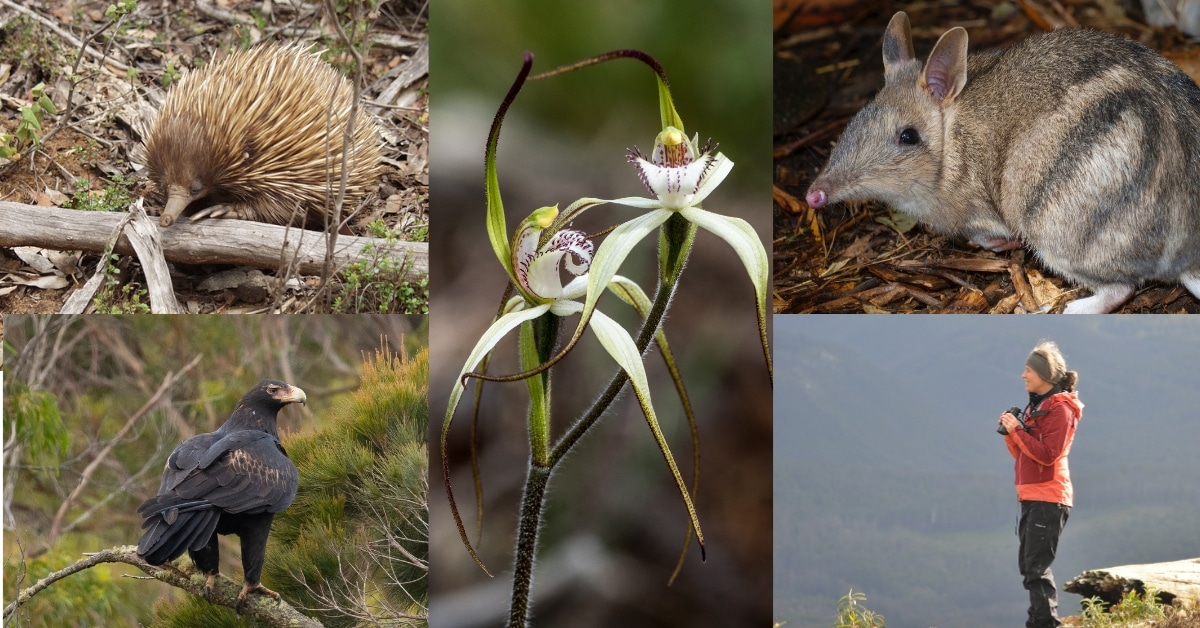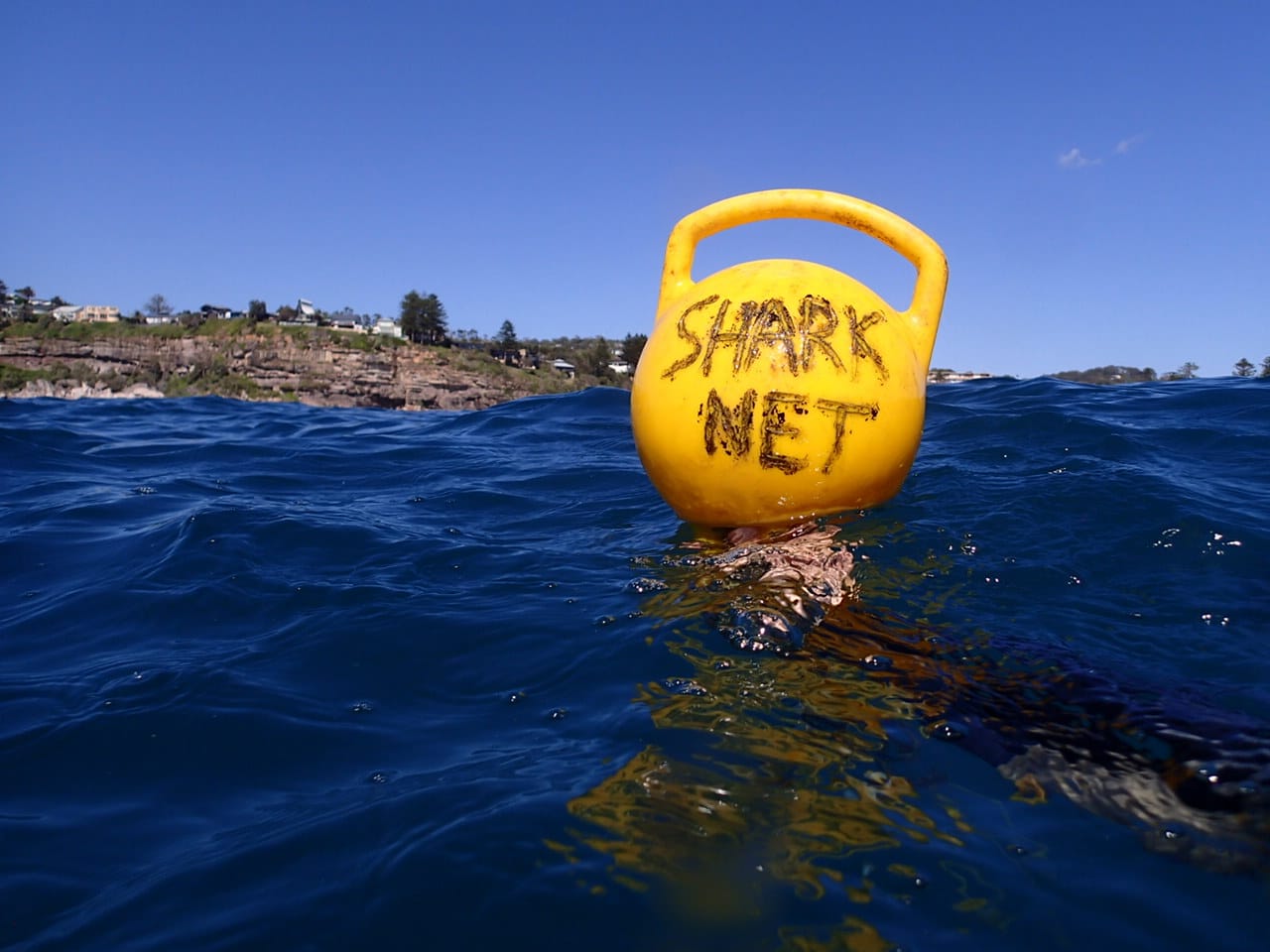April is Global Citizen Scientist Month! April is a month-long celebration of citizen science and its incredible contribution to advancing science. Citizen scientists can help collect data and collaborate with university researchers, field experts, government departments, and conservation organisations. Citizen scientists can be from all walks of life and levels...
MEDIA RELEASE
26 NOVEMBER 2024
New biodiversity laws an important first step in the move towards net positive
Humane Society International (HSI) Australia has today welcomed the passage of the NSW Biodiversity Conservation Amendment (Biodiversity Offsets Scheme) Bill 2024.
“For far too long, those who destroy nature for their own gain have easily avoided any meaningful effort to avoid and, if that is not possible, then minimise their impacts before turning to our flawed biodiversity offset system,” said Dr Megan Kessler, Nature Campaigner with HSI Australia.
“We are pleased that the NSW Government has created legally binding commitments to ensure that biodiversity offsets are genuinely used as a last resort and to move the Biodiversity Offsets Scheme towards being net positive.”
Despite several reviews, the NSW Biodiversity Offsets Scheme is failing biodiversity. “The current Scheme has failed to drive protection of areas that cannot withstand any further loss, failed to deliver meaningful conservation gains in exchange for approved harm, and failed to contribute to better management of Australia’s wildlife and the places they call home,” Dr Kessler said.
The changes to the Scheme seek, in part, to transition the offsets scheme to net positive biodiversity outcomes, and to prevent developers from failing to apply requirements to avoid and then minimise the impact they have on nature and Australia’s biodiversity values.
“It’s no secret that the NSW Biodiversity Offsets Scheme is broken. We agree with the NSW Government that there is more work to be done but these changes will put us on the path to delivering better protections for nature,” Dr Kessler said.
The passage of this legislation creates a framework to establish a stronger biodiversity offset system and HSI Australia is encouraging the Government to move quickly to implement the changes and continue with the promised broader reforms.
“We urgently need to see better upfront protections for our threatened species, improved welfare outcomes for species impacted by development, and a move away from allowing the killing of our native wildlife in human–wildlife conflicts,” Dr Kessler said.
“We welcome the improvements to the Bills delivered through the Parliamentary process and thank the Government for their recognition of the issues raised.
“In particular, we are heartened by their commitment to further consideration of improving the application of ‘serious and irreversible impacts’ provisions in existing laws and of incorporating so-called ‘Part 5’ development into the Scheme as part of future reforms.
“The NSW Government came to power promising to fix the broken offset systems. That job is not yet done but we welcome this important first step in the process,” Dr Kessler said.
ENDS
Media contact
Matthew Smeal
M: 0434 483 493
E: msmeal@hsi.org.au
Find out more about biodiversity offsets, what they mean and why they’re important to improving biodiversity outcomes here.
Humane Society International (HSI) is the world’s largest animal protection organisation and HSI Australia established our office in 1994. We work to create a humane and sustainable world for animals advocating across wildlife conservation and animal welfare policy areas.


